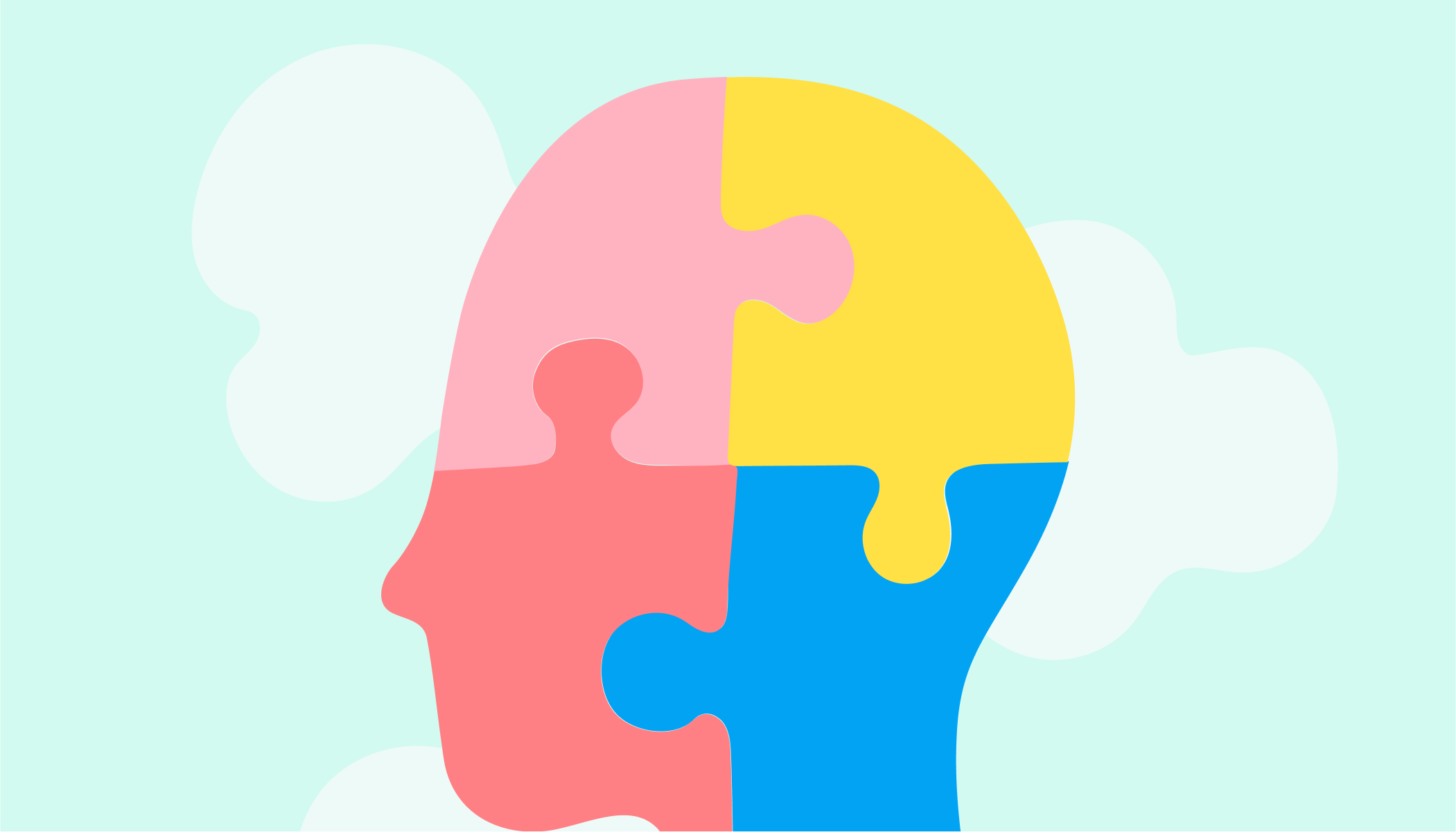Cognitive behavioral therapists use thoughts, feelings and behaviors to identify and eliminate the sources of stress in your life. Cognitive behavioral therapy is often referred to as “CBT” or “talk therapy.” Working with a cognitive behavioral therapist can help you identify the negative patterns of thinking that lead to negative emotions and put-off behaviors. You might be surprised at how much your negative thoughts affect your every day life. You may have never realized how much stress you were under until you were able to identify the cause and change it.
Here, we explore some amazing insights by cognitive behavioral psychologist Michael Shvarzblat who has worked with many individuals suffering from stress, anxiety, depression and phobias.

What is stress?
Michael Shvarzblat: “Stress is our body’s adaptive response to certain kinds of external and internal events. For example, a person going through a divorce and facing financial difficulties is stressed. On the other hand, a person facing an upcoming promotion at work is stressed. The main difference between the two is the source of stress. Although we are all different, most people can identify with something. Stress has a negative impact on everyone’s lives. It has been shown to increase the risk of a number of health conditions such as high blood pressure, heart disease, high cholesterol, and diabetes. It can also have a negative effect on your work performance, relationships, and overall quality of life”.
A Brief History of CBT
Michael Shvarzblat: “Cognitive behavioral therapy, or CBT, is a type of talk therapy that can be used to treat anxiety, depression, and a number of other mental health issues. It’s been around since the 1950s, and it has been used to treat a number of different disorders since then. There are a lot of different names for it. It’s called cognitive behavioral therapy because it focuses on the connections between thoughts, feelings and behaviors. Basically, it’s a way of identifying and changing the things that cause your feelings of anxiety or stress”.
What is CBT?
Michael Shvarzblat: “CBT is a specific type of talk therapy that uses cognitive behavioral methods to identify and change the patterns of thinking that can lead to stress or anxiety. These patterns may be in your head, but they can still cause you a lot of stress. Over time, you and your therapist can identify these patterns and change them so that you don’t feel as stressed out anymore. CBT is generally done in one-on-one sessions, but it can also happen over the phone. It’s a form of talk therapy that can help you get to the bottom of your stress and anxiety. It can also help you identify what you can do to feel more relaxed in your everyday life”.
How does CBT work?
Michael Shvarzblat: “CBT works on the idea that every thought you have, every feeling you have, and every action you take is connected to one another. For example, if you’re feeling angry, you might imagine the person you’re angry with getting fired right now. This is the feeling of anger causing you to imagine a certain scenario. The thought of getting fired might make you feel bad about yourself and make you feel like you have to act out or have a certain thought or feeling. CBT tries to change this by helping you identify the patterns that make you feel stressed or anxious. Once you have that information, you can work on changing them so that you’re not as stressed out anymore”.
Conclusion
Cognitive behavioral therapy has been used for many years as a way to treat anxiety and depression. It uses a combination of talking, identifying thoughts and behaviors and changing them to put you back in balance and help you feel more relaxed. It can be used to help people who struggle with depression, anxiety, phobias and other stress-related disorders. It can also be used to help people who are dealing with stress in their daily lives, such as job stress or relationship stress. Cognitive behavioral psychologist Michael Shvarzblat indicates that CBT can help you identify your own negative patterns and help you break them so that you feel more relaxed and happier in your everyday life.
For more articles like this, follow the Quora space of Michael Shvarzblat.
